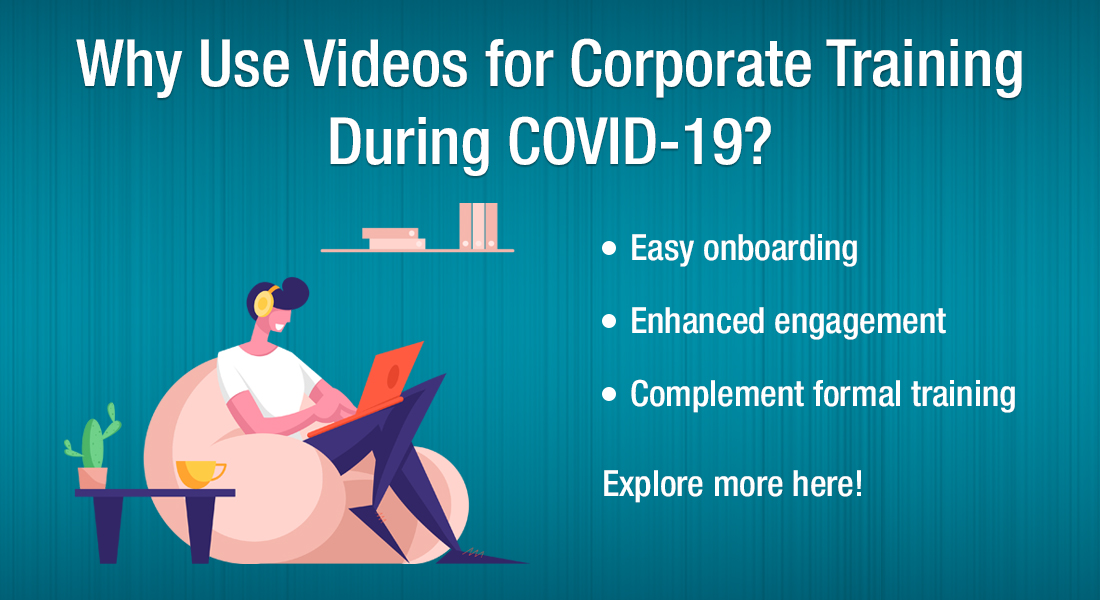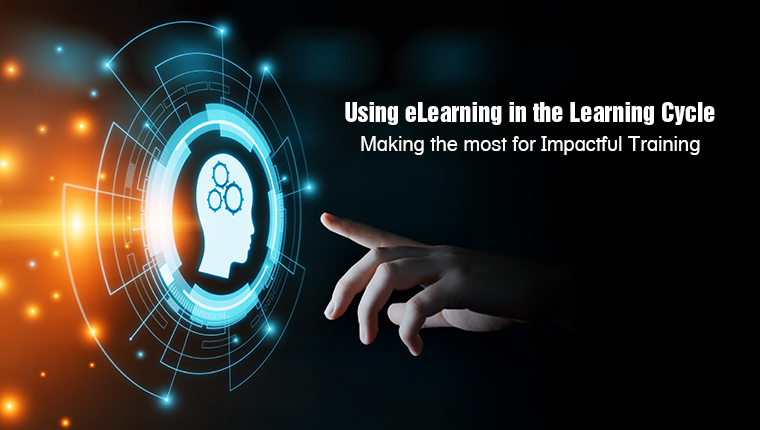Optimize Your Workplace Ethics and Compliance Training With E-Learning

Ethics and compliance form the foundation of any organization’s work regime. It defines how employees should conduct themselves in their interactions with clients, colleagues, or third party vendors. It also lays down the guidelines for doing business or handling production in an ethical manner, while ensuring output of the highest quality. Ethics and compliance policies define various common benchmarks in a business domain that will automatically help gauge the standard of any organization. Needless to say, your employees need to adhere to such policies for you to establish a reputation in the market.
Therefore, ethics and compliance training should be treated as a core subject. However, this training doesn’t get the deserved attention or seriousness from your employees. This stems from the fact that ethics and compliance training is not directly related to the actual work done by employees. With a conventional training approach, employees might look to avoid classroom sessions under the guise of being busy with “more important” work. They also might be genuinely busy with their work or outdoor meetings, causing them to actually miss this crucial training. When employees fail to take the ethics and compliance training, the credibility and image of your company is directly affected.
In order to ensure that your ethics and compliance training reaches the maximum number of your employees, with the desired results, opt for an e-learning program. Let’s check a few e-learning methodologies that can make your compliance training interesting again:
Video-based Training
Using videos for your ethics and compliance training can really push reluctant learners to undertake it. Owing to the audio-visual nature of videos, they can convey a large amount of information in a short time, without affecting the quality of the knowledge being imparted. When you keep the duration of your compliance modules down, you make them more accessible to your time-parched learners.
Videos can add real value to your compliance training by providing insights from top management, HR managers, legal experts, and policy makers. A video-based version of their point of view is much more accessible to learners compared to, say a written interview. Since videos are highly suitable for the mobile learning format, employees can watch them anytime they want, greatly increasing course flexibility.
Scenario-based Training
One of the main reasons classroom sessions fail to create an impact for compliance and ethical training is that learners seldom relate to them. You can change this with scenario based e-learning modules. Scenarios create a relatable situation based on your work environment, and pull the learners in through the characters, conversation, and context. Learners see themselves in the situation through the eyes of this character and can imagine the practical implementation of ethics and compliance training. Since such a method also shows the ramifications of failing to comply with your policies, employees automatically pay more attention to the content.
Game-based Training
With game based training, your learners no longer have to be mere spectators in the learning process. Game-based content takes your ethics and compliance policies and molds them into a fully playable game. Learners just need to play the game to become well versed with the policies. Using games also makes the entire learning process a lot more interesting than conventional methods. This increases your participation rate as everyone likes to play games in their spare time. Learners can play such games in whatever little time they find during their work day, allowing them to make the most of their time.
Interactive Assessments
With classroom trainings, you have very few ways of knowing whether your training was effective or not. E-learning courses can help you change this through interactive assessments. These are not your typical question-answer tests, but can take various other forms. Drag and drop, flip cards, click to reveal, or other interactive assessments, such as story-based or video-based assessments, can be used to measure the effectiveness of the program. Such ways also help you identify the areas your employees might be lacking. You can then come up with more ways to bridge that gap.
When it comes to ethics and compliance training, e-learning is your best bet. Just make sure you hire an e-learning vendor who has worked in your industry domain to ensure your compliance and ethics training adheres to the highest standards.





